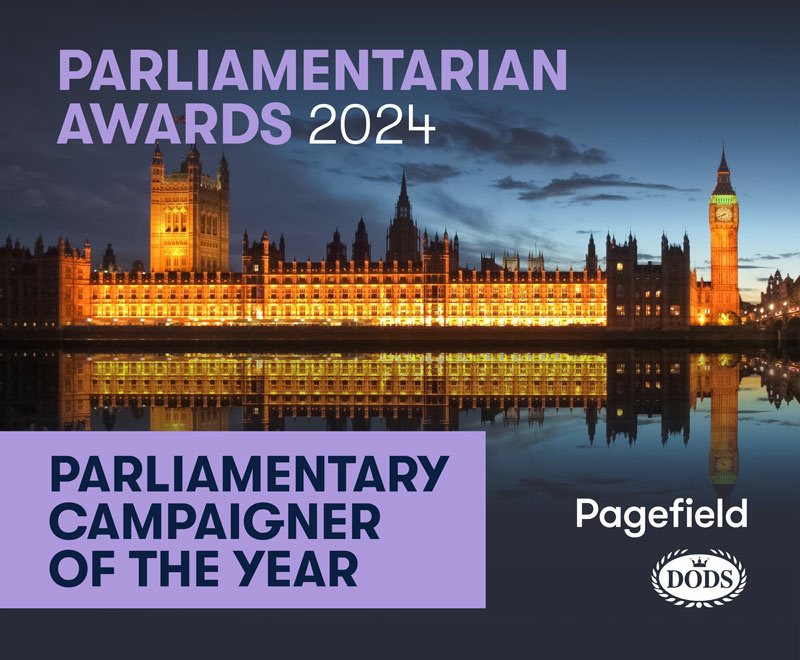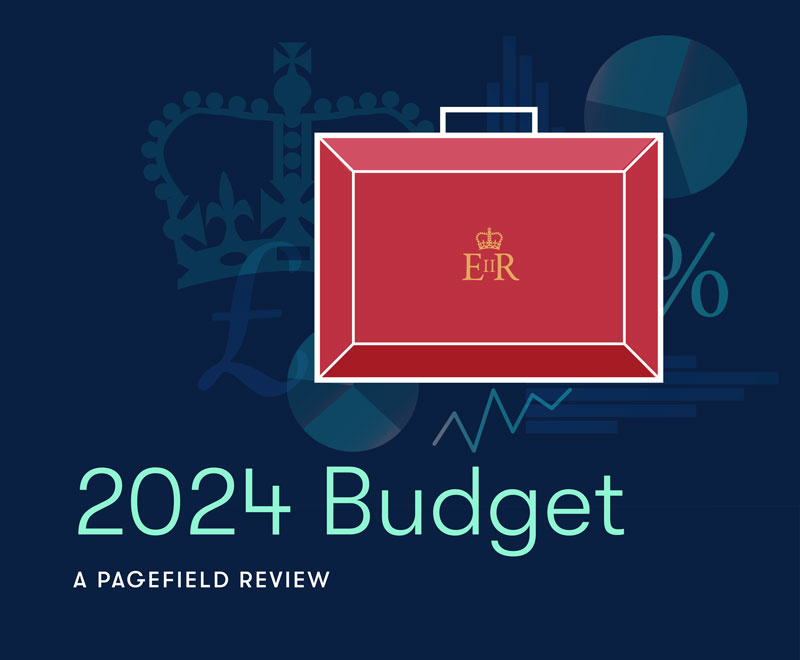Christopher Williams sat down (virtually) in conversation with Pagefield CEO Oliver Foster during one of the agency’s Meet the Editor question and answer sessions. Christopher, who has recently been appointed as business editor for the whole of The Telegraph (he previously looked after the Sunday Telegraph business team), spoke about the European Super League, GB News, the state of journalism and more.
Boozing hacks
The Telegraph has seen great success by delivering a subscription-focused strategy. The outlet is now the number one general broadsheet in the UK, ahead of The Times, thanks to a surge of 140,000 digital sign-ups last year, bringing the total number of online and offline subscriptions to more than 600,000 today.
The paper is planning to hit one million subscribers by the end of 2023, a target The Telegraph is “well ahead of”, according to Christopher. “We’re not an advertising business anymore – we’re a journalism business,” he stressed. As for what that means for journalists at The Telegraph, “I want reporters out at lunch time boozing with their contacts – let’s get back out there,” Christopher said.
Super League like NFT craze
When asked whether he could defend the business rationale around the highly controversial European Super League, which would have seen England’s ‘Big Six’ football clubs join an NFL-style and 12-strong competition of teams, Christopher compared the plan to the non-fungible token (digital art) craze and the rise of cash-acquisition vehicles (SPACs) on the stock market. “[It’s] a symptom of very easy money created by low interest rates and Covid stimulus packages,” he said.
GB News doubts
Christopher was also forthright about the prospects of GB News, a BBC challenger backed by Discovery and chaired by The Spectator’s Andrew Neil. The channel plans to launch this year and has promised to change the “face of news and debate in the UK”. Christopher, who has written a biography of Sky, isn’t so sure.
“I’m pretty sceptical about GB News,” he said. “I’m sceptical of the thesis that they have that there is this great under-represented body of people – I’m not sure that’s the case. I can’t see how their business model [would work], even at low cost and even with the plan that they’ve got which is basically talk radio on TV.
“If Sky News, for instance, didn’t exist today, would you invent it? The answer is ‘no’. It’s 2021 and audiences for 24-hour news and current affairs are small, and GB News is now going for a niche of a niche. Perhaps that doesn’t matter to the people who are bankrolling it and they are happy to sustain losses because they think they are going to change the political landscape. Personally, I doubt that they will.
“The real forces that are changing the country are technological and the reshaping of the economy. Good luck to them: I really welcome all journalism and investment in it, and competition to the BBC and ITV is a good thing, but I don’t see it as a particularly revolutionary force.”
Biggest story in the world
As for the biggest story in the world, meanwhile, Christopher described the energy transition away from fossil fuels as the most important trend, with lots of interest from Telegraph readers particularly around EV cars. “There’s clearly something happening here and it’s probably going to be the biggest story in the world for next 10 years,” he said.
Punchy opinions
And, finally, when questioned on whether he was open to receiving op-eds from business people, Christopher offered some frank advice. “I’m still very keen to have business people writing [for The Telegraph], but a lot of them are clearly written by committee and don’t say a lot. Most opinion pieces by business people don’t contain opinions,” he said.




